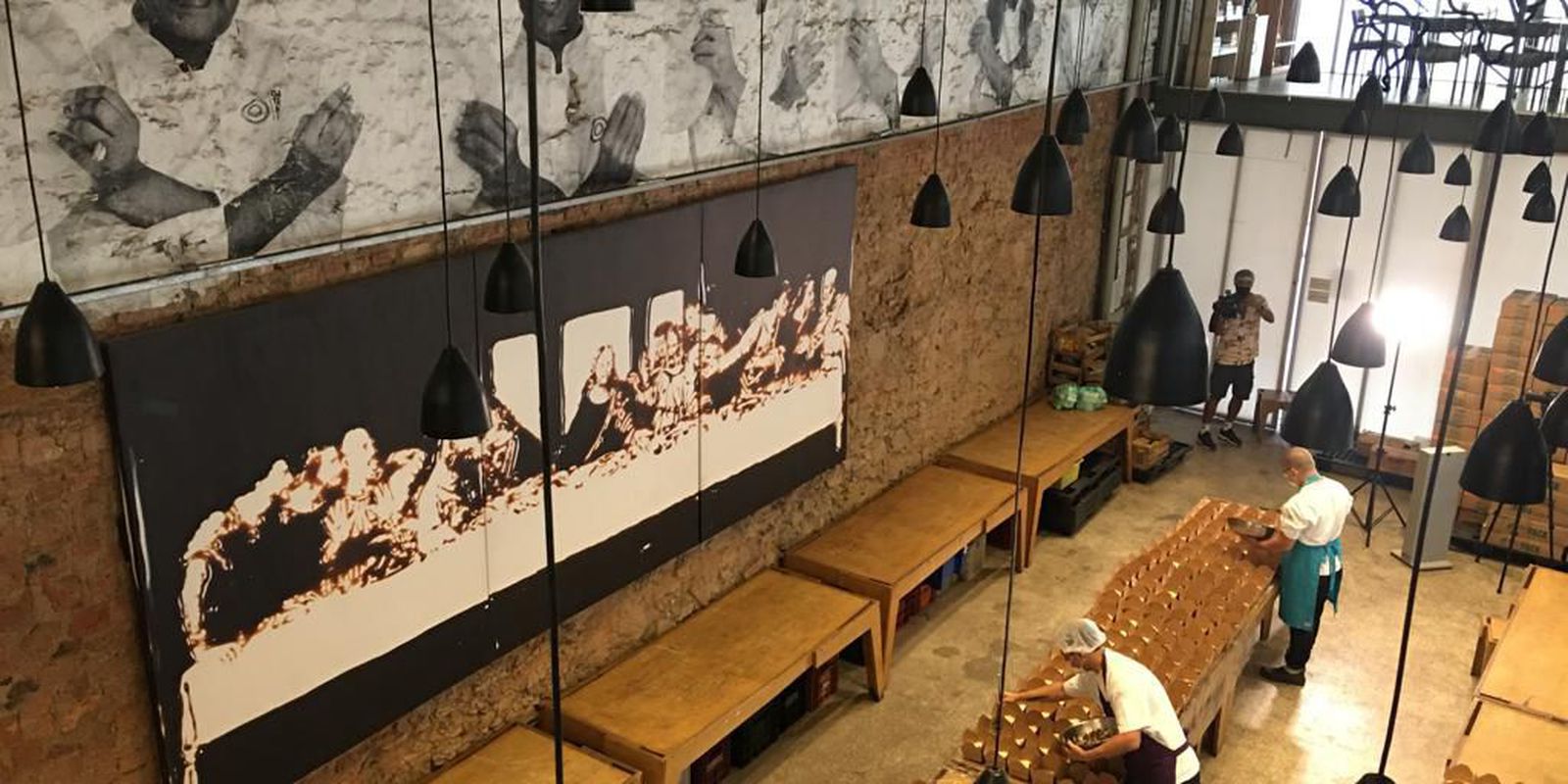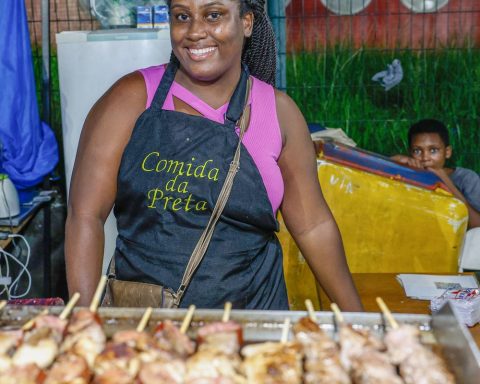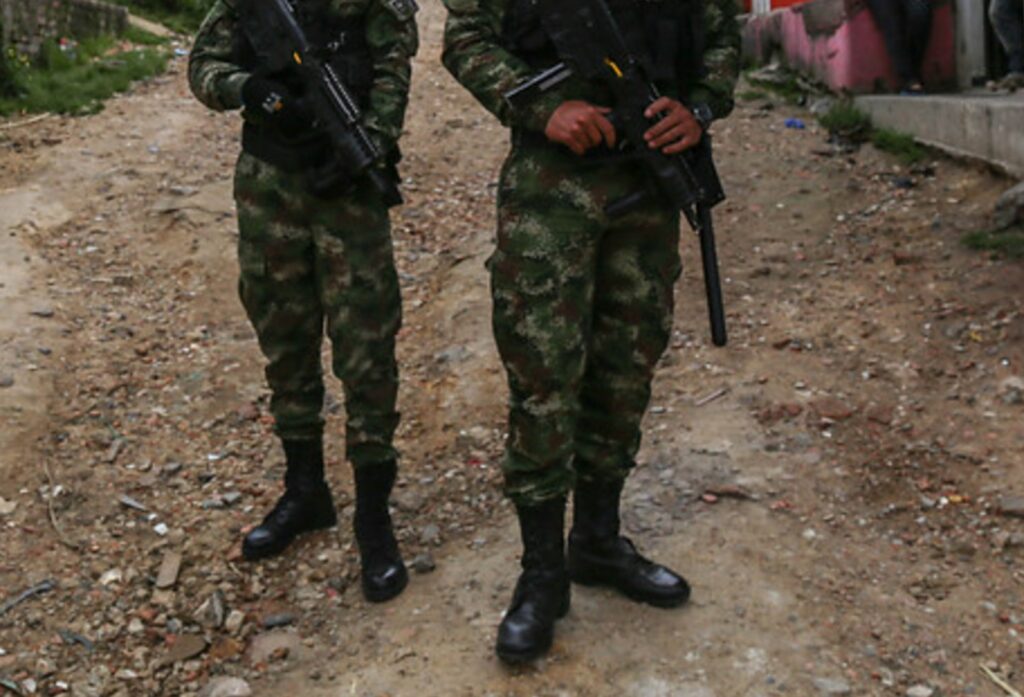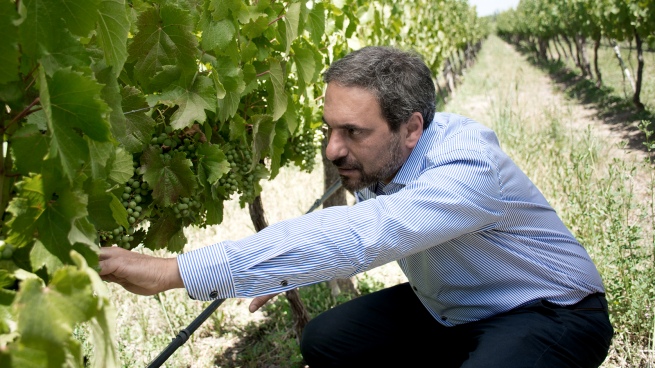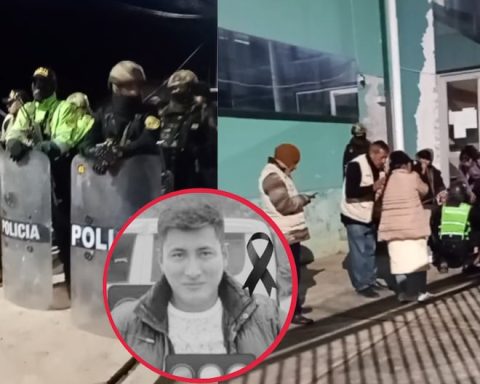A gastronomy that transforms the lives of communities. Flavors that bring cultural memories and still promote the non-waste of food. All this combined with fair remuneration and training of workers. This is the proposal of the social gastronomy movement that Caminhos da Reportagem will present this Sunday (27) at 20h, on TV Brasil.
Our team went to the Quilombola community Cafundá Astrogilda, on the west side of the city of Rio de Janeiro, to see the restaurant that works there, open to the public, under the command of two Quilombola women. Certified in 2014 by the Palmares Cultural Foundation, the community, located in the Pedra Branca State Park, is made up of descendants of the matriarch Astrogilda, who gives the place its name.
In the quilombola community, residents struggle to maintain traditions, including cooking, and seek food security through the use of so-called “unconventional food plants”, such as ora-pro-nóbis and taioba, which grow naturally on the site.
“Our cuisine, since childhood, was a cuisine in which we consumed, practically, what we harvested from nature”, said the quilombola Maria Lúcia Mesquita. In addition to working at the restaurant, together with her daughter Gizele, she also coordinates solidarity cooking classes for the quilombola community.
Also in Rio de Janeiro, the TV Brasil team visited the cafeteria of the non-governmental organization Gastromotiva, opened in 2016. Solidarity dinners were served there for the homeless population, but with the beginning of the pandemic the space became to be a center for the production of snacks. The meals, collected and distributed by partner projects, are made by cooks who have had free gastronomy classes offered by the NGO, created by chef David Hertz.
One of Gastromotiva’s programs, Cozinha Solidária, supports the making of hot dogs by partner organizations and offers training to professionals involved in production. In 2021, 1.4 million meals were distributed in Salvador, Rio de Janeiro, Manaus, São Paulo and Curitiba.
Lanchonete Lanchonete, a cultural association located in the neighborhood of Gamboa, in the region called Little Africa, in Rio de Janeiro, is part of this network. From the hands of the six women who make up the Guerreiras da Gamboa collective, around 400 dishes are made weekly in an “eco-affective Afro” kitchen, as described by Thelma Vilas Boas, director of the organization.
“We are in an Aphrodiasporic region, so let’s celebrate as much as we can of recipes and foods of African origin or tradition. It is ecological, because we understand that family farming, composting and recycling are part of the kitchen’s work; and affective because we summon the memories of affection from food”, he explains.
When it comes to training, another reference is the Ivens Dias Branco School of Social Gastronomy, in Fortaleza. Created from a partnership between the State Department of Culture and the private sector, the institution offers free courses with the objective of “stimulating cultural and social protagonism through gastronomy”.
Caminhos da Reportagem also tells the story of chef João Diamante. Baiano, raised in a community in Complexo do Andaraí, north of Rio de Janeiro, he took a university course in Gastronomy and was among the best students in his class. The highlight earned him an internship in Paris, at the restaurant of renowned French chef Alain Ducasse.
Since then, João Diamante has been working on a series of activities: in his own restaurant, with a TV show and, especially, in the Diamantes na Cozinha social project. The initiative uses gastronomy as a tool for professional and social inclusion.
“There we have classes that range from planting, cultivating and harvesting food to finishing the dish, always promoting a critical view of society,” said Diamante. Classes, which currently take place online because of the pandemic, are free and aimed at young people in a situation of social vulnerability.
Datasheet:
Reporting: Aline Beckstein
Production: Aline Beckstein and Renata Cabral
Text Editing: Renata Cabral
Editing and finishing: Eric Gusmão
Images: Sandro Tebaldi, André Rodrigo Pacheco, Rodolpho Rodrigues and Ronaldo Parra
Audio operator: Eduardo Sá
Technical assistance: Cláudio Tavares, Dailton Matos and Yuri Freire
Production support: Tiago Bittencourt
Acknowledgements: Acervo Mucuripe (CE), Cia Treme Terra (soundtrack) and TVC (TV Ceará)
